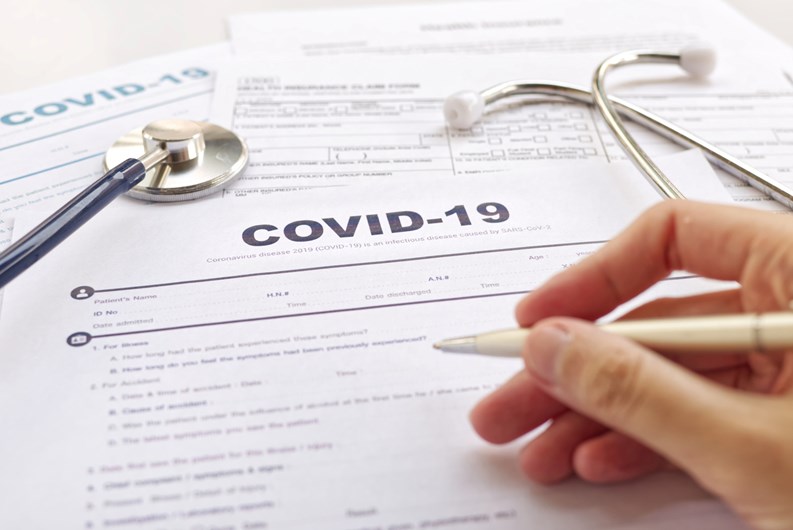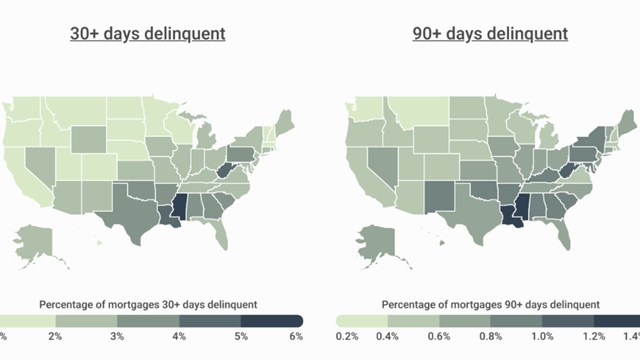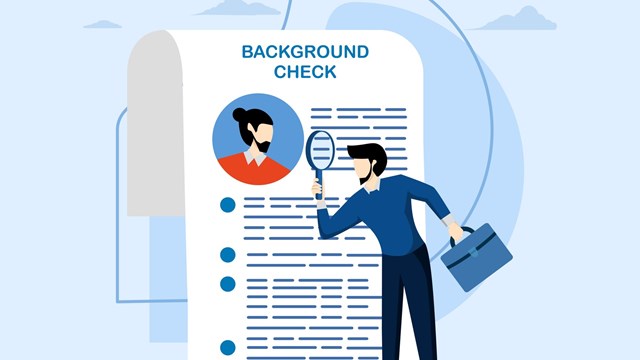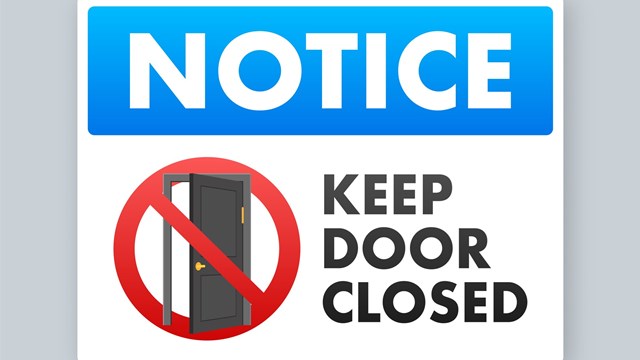On June 11, 2021, Governor Cuomo signed into law several amendments to the New York HERO Act; a law whose main purpose is to ensure that employers have a plan in place to protect their employees in the event of another pandemic, or the emergence of another dangerous infectious agent.
The Act went into effect on May 5 of this year, and prior to its amendment required all employers in New York to draft and implement an Airborne Infectious Disease Exposure Prevention Plan by June 4. However, among other things, the Governor’s recent amendments extends the deadline for employers to implement their plan to August 5, 2021; it also requires them to adopt a plan within 30 days of the New York State Department of Labor (NYSDOL) releasing regulatory guidelines and a model plan - drafted in consultation with the Commissioner of Health - to help guide employers when crafting their own plans.
In addition to a general model Prevention Plan, NYSDOL has also released model plans for specific industries, as well as an Airborne Infectious Disease Exposure Prevention Standard. While none of the model plans released by NYSDOL are specific to co-op and condo communities, or to real estate in general, community associations, co-op corporations, and management firms with employees are subject to the law, and will need to create and implement a plan that is specific and appropriate for their employment arrangement and situations. Within 30 days of a plan being finalized, the HERO Act mandates that employers distribute it to all current employees, and to all new employees upon hire - both in English, and in the employee’s primary language, if a translation of the plan is available.
Furthermore, starting on November 1, 2021, employers with at least 10 employees must allow their employees to create a Joint Labor-Management Workplace Safety Committee, if they so desire. These employee-dominant committees will work with employers to shape health and safety policies in the workplace. Importantly, the superintendents, porters, doorpersons, handypersons, etc. of co-ops, condos, and homeowners associations are considered employees under the HERO Act, and as such, if there are 10 or more employers at a given building or HOA, they would be permitted to form a committee.
It should also be noted that while every employer is required to have a plan developed by August 5, 2021, employers are not presently required to immediately implement it. The plan only has to be put into effect when the Commissioner of Health designates that there is an infectious agent or disease that presents a “serious risk of harm to the public health,” which given Governor Cuomo’s recent announcement removing most of the State’s COVID-19 restrictions, is not currently the case in New York.
While the HERO Act does come with penalties for non-compliance - the State is still permitted to issue significant fines in the event that an employer does not adopt a plan, or fails to adhere to the adopted plan - the recent amendment has significantly curtailed the severity of the remedies that employees could seek. The amended Act no longer enables employees to collect damages from an employer; they can only seek injunctive relief and collect reasonable attorney’s fees for an employer’s non-compliance with the Act.
Other Important Highlights
The HERO Act also established new labor law provisions designed to protect employees from retaliation. The Act’s Standard Provisions explicitly prevent any employer or their agents from retaliating against an employee for exercising their rights under the plan, which include:
Reporting violations of the HERO Act, or of a plan adopted by the appropriate local, state, federal, or other government entity.
Reporting an airborne infectious disease exposure concern, or seeking intervention by appropriate governmental entities.
Refusing to work when the employee reasonably believes, in good faith, that such work exposes him or her, other workers, or the public to an unreasonable risk of exposure to an airborne infectious agent.
Co-ops, Condominiums, and HOAs should be mindful that the HERO Act has established a statutory cause of action that allows an employee to seek injunctive relief and reasonable attorney’s fees. However, the amendments signed into law by Governor Cuomo no longer permit an employee to collect up to $20,000 in liquidated damages. Additionally, an employee intending to bring suit against their employer for a HERO Act violation must give the employer 30 days to cure the violation before filing the suit. However, if any employee can show that an employer has “demonstrated an unwillingness to cure a violation in bad faith,” the suit may be brought without delay.
More on Joint Safety Committees
As previously mentioned, in addition to the new planning requirements, the amended HERO Act still requires that employers with at least 10 employees - including community association or management company employers - permit those employees to form a single joint labor-management workplace safety committee.
The recent amendments have reduced the roles of these committees, and established limits on the duration of paid trainings and meetings, but their purpose remains to allow employers and employees to address unique safety concerns within their respective workplaces, and take greater ownership and responsibility in shaping their health policies. While employers must permit the formation of a committee, they have neither the responsibility nor the ability to maintain one - committees are dependent on employees taking the initiative to establish and run them.
Committees have set membership requirements mandating that they be made up of at least ⅔ “non-supervisory employees” - with the remaining ⅓ of seats open to designees selected by the employer. Among other things, the Act also permits these committees to not only provide a mechanism for employees to raise concerns regarding workplace safety, but also to review all policies enacted by the employer relating to the health and safety of the workplace; to participate and attend any site visit by any governmental entity responsible for enforcing health and safety laws in the workplace; and to review reports filed by the employer related to the health and safety of the workplace. Committees are allowed to meet during work hours, for up to two hours once a quarter, and to attend up to four hours of training without the loss of pay.
Conclusion
To recap: Co-ops, condominiums, HOAs, and managing agents are included in the amended HERO Act’s requirements; all community associations with employees must adopt a plan no later than August 5, 2021; once adopted, a copy of your community’s plan must be distributed to all employees in English, and - if available - in the primary language of the worker(s) within 30 days, and to all new employees upon hire. For guidance in drafting your community’s plan and making sure both the plan and its distribution are in full compliance with the Act and its amendments, it’s advisable to consult your legal counsel.










Comments
Leave a Comment